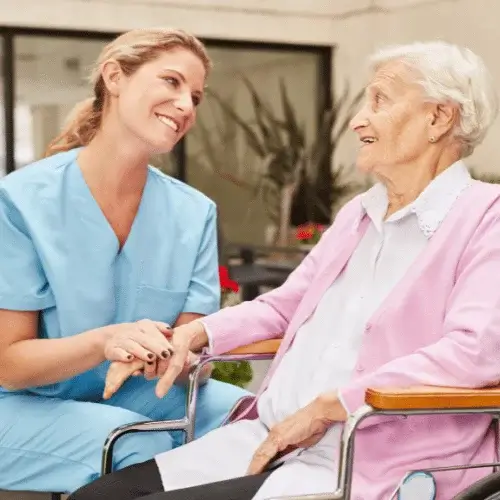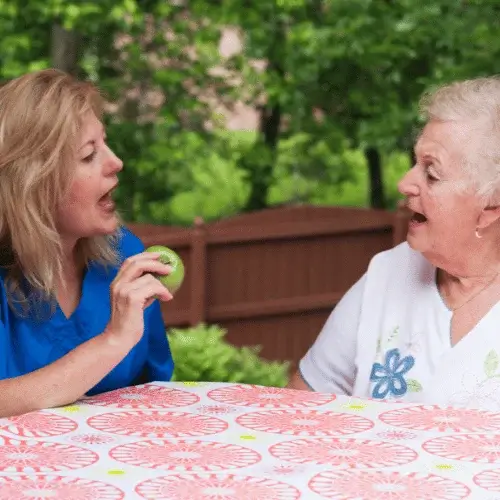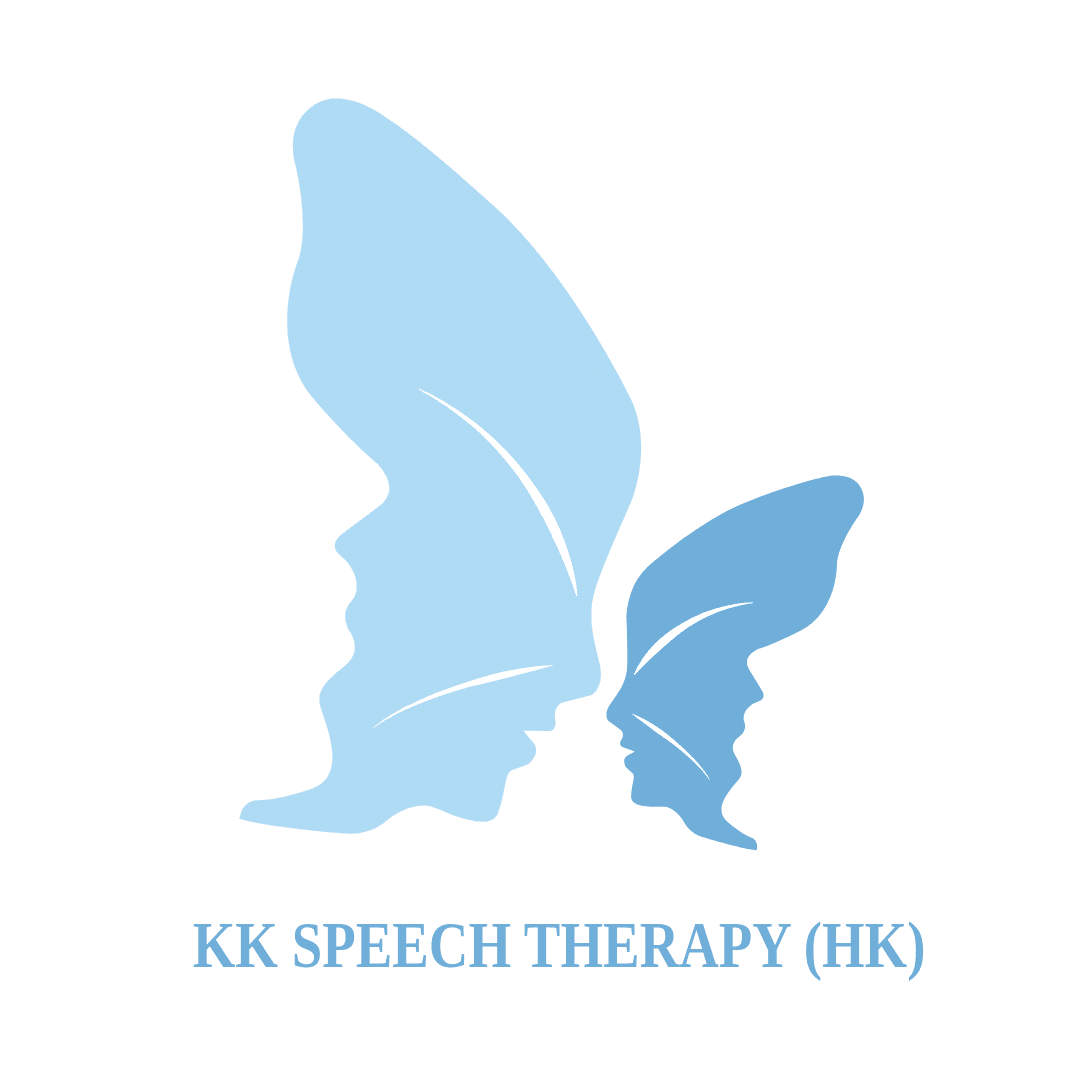Speech Therapy After Stroke
Stroke is a prevalent health issue that exerts a profound impact on the affected individual’s physical functioning. Beyond the evident motor impairments, stroke can also lead to Aphasia, a loss of language and communication abilities, characterized by diminished fluency, lexical deficits, dysarthria, and challenges in both receptive and expressive language skills. These deficits pose substantial obstacles to the stroke survivors’ quality of life, impeding their social interactions, and may engender emotional distress and social isolation.



The primary objective of post-stroke speech therapy is to facilitate the recovery or improvement of language abilities. Treatment strategies are tailored to the unique needs of each individual and encompass the following key domains:
- Oral motor Therapy: This intervention focuses on the movement and coordination between speech organs, aiming to enhance the accuracy, fluency, and intelligibility of speech, thereby ameliorating oral communication proficiency.
- Language Comprehension and Expression Therapy: By means of diverse language training exercises, patients are expected to gradually restore or enhance their language comprehension and expression.
- Speech System Therapy: This therapeutic approach targets the different processes of speech production, such as breathing, articulation, phonation and articulation, ultimately leading to clearer vocalization.
- Social Communication Enhancement: This facet of intervention focuses on cultivating nonverbal communication techniques, such as body language and facial expressions, to empower patients with improved communication abilities, fostering better social interactions.


Target Population:
This service is specifically designed for individuals who have experienced a stroke or acquired brain injury, including those diagnosed with Aphasia, Dysarthria, Apraxia, Parkinson’s disease, and related conditions.
Why KK Speech Therapy?
- Trilingual Therapy Services: Our speech therapists are all bilingual and are able to deliver therapy fluently in Cantonese, Mandarin, and English to meet the needs of diverse linguistic backgrounds with utmost professionalism.
- Experienced and Trusted Speech Therapy Team: Our team has extensive expertise, successfully supporting numerous adults in improving language and swallowing abilities.
- Personalized Treatment Plans: We design tailored intervention strategies based on each client’s unique needs and circumstances.
- Ongoing Progress Monitoring and Adjustments: We regularly assess treatment outcomes and adapt strategies to ensure therapeutic goals are met.
- Supportive Family Program: We empower family members to become the most effective supporters of stroke patients as well as effective advocates for their child’s language and social development.
Contact Us
WhatsApp: +852 96274551
WeChat: KKspeechtherapy
